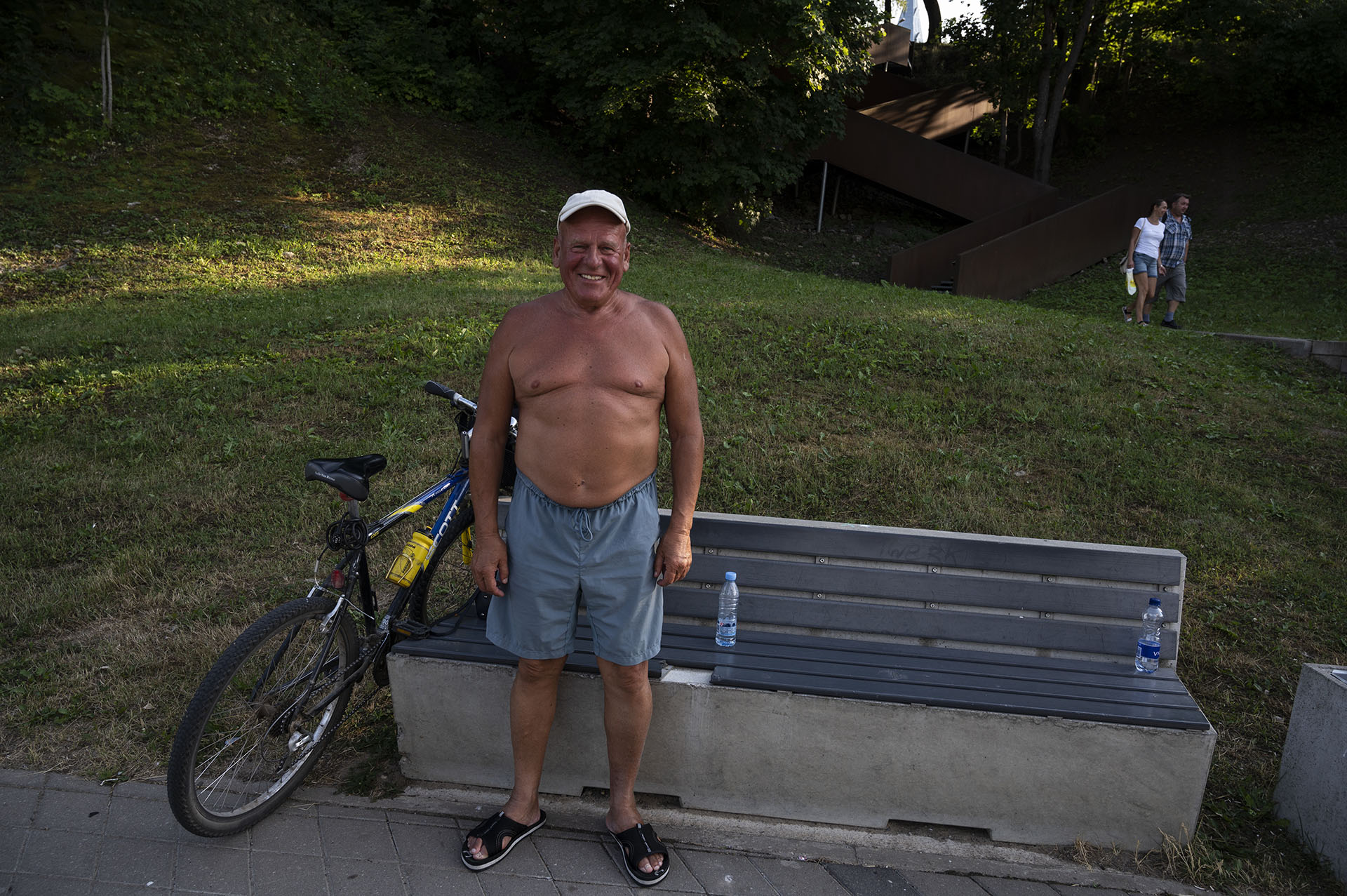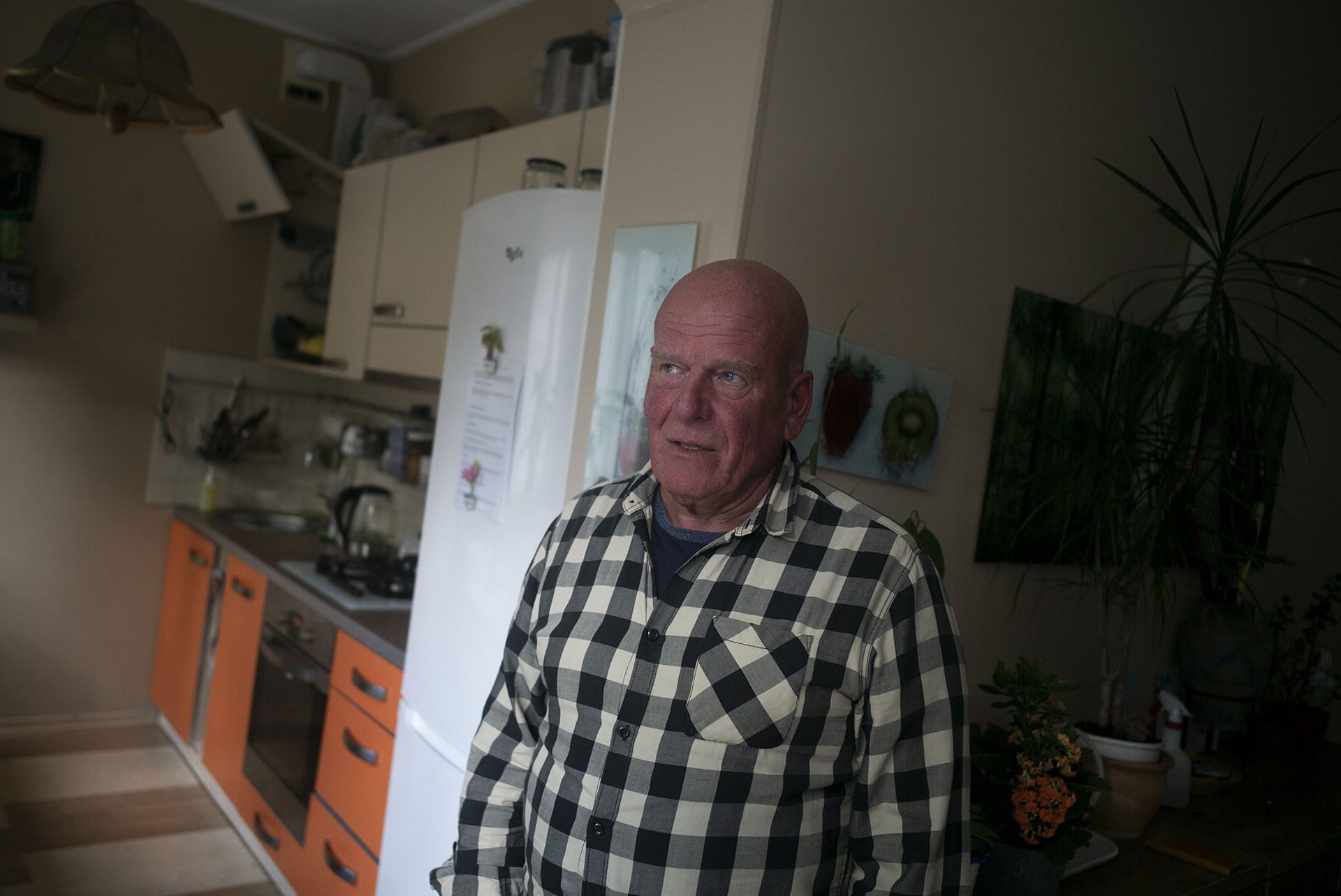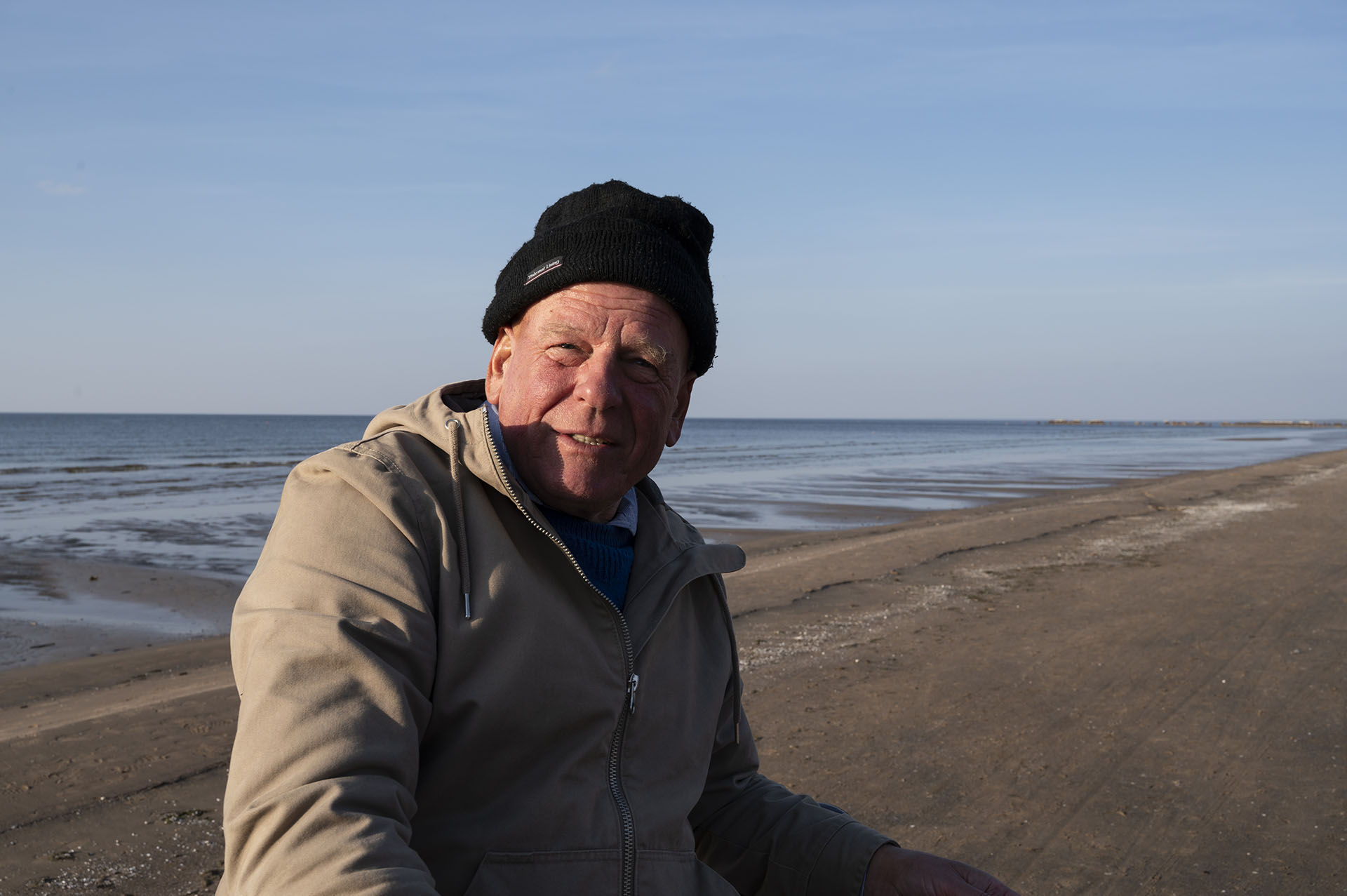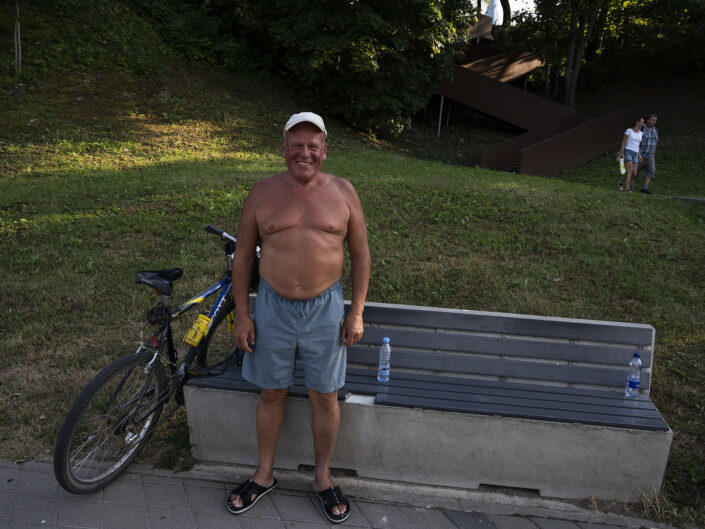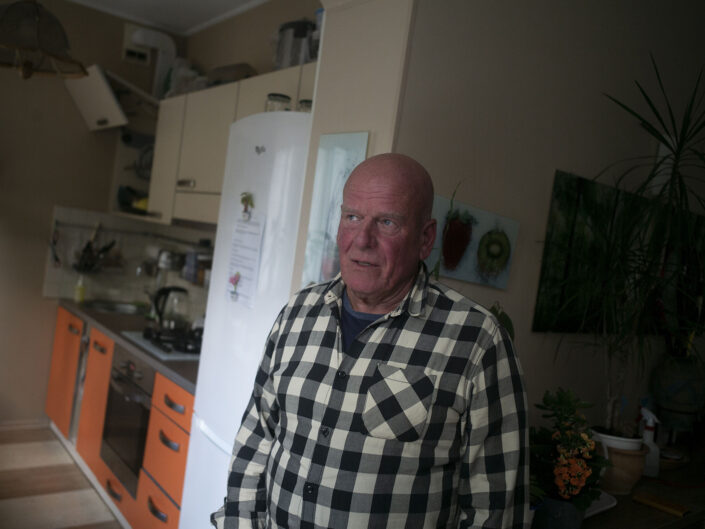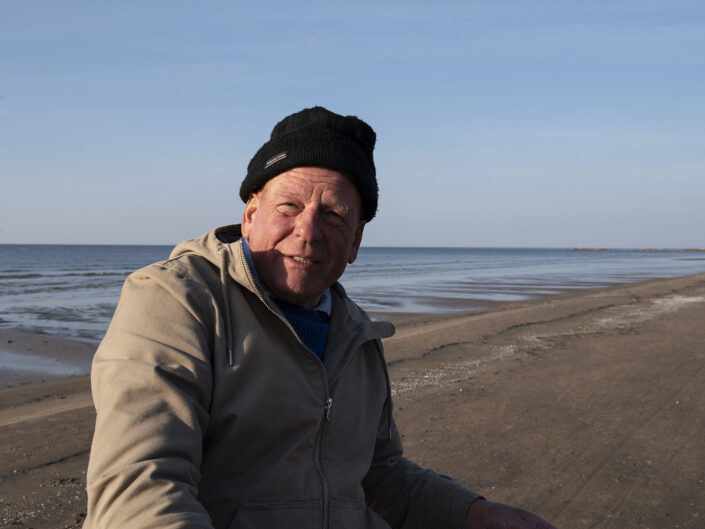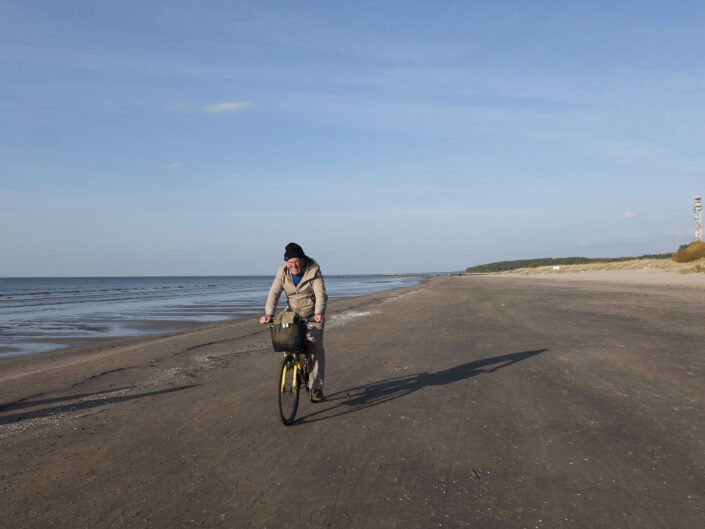Volodmyr
I met Volodmyr in summer of 2021 in Narva along the riverside promenade. He was enjoying his bike ride on a hot summer evening.
Volodmyr traced his roots to Ingrian community; a Finnish speaking community lived on the eastern part of Narva River and north of Ivangorod in Russian Federation. He was an electronics engineer studied in Tallinn and worked in Rakvere. After his retirement he moved to Narva where he felt home. When I met him, he already spent five years living in Narva. His grandfather left the ingrain settlement before 1940s and moved to Estonia. His parents lived in Tallinn where he grew up.
In his opinion, different cultures live together in Narva. He feels the current situation is tough to assimilate the locals in to the European way of life. For him, among local Russian speakers imperial thinking is predominant, especially Stalin’s imperium. He noted, usually when we talk about empire we think about development and infrastructure but this was not the case in the Soviet Empire.
He felt that the integration process is closer to failure and the problem lies on both sides; Most Estonians don’t want to settle in Narva as there is a lack of infrastructure. And perhaps if the government establishes some university the integration may be faster. He added that the broader question is about common values and it requires a lot of patience. In practical way it is almost impossible and assimilation sounds terrible word. For him, some times it is good when two cultures live together because they can enrich the place but that requires common values.
Volodmyr felt that his identity is complicated; he is not Estonian, He is neither Ingrian nor Russian. He doesn’t speak Finnish as he lived in the Soviet Union. So he considered himself someone with multiple layers of identity. He expressed his love for Estonia, as it is ultimately his motherland. Though, he thought there are some shortcomings in the country, overall it is well developed. However, in Narva the identity is still a contentious issue. Soviet monuments such as the Lenin statue and Soviet Tank T-34 have become a political issue recently. However, in the 1990s as Volodmyr put it the locals were sick of the Soviet regime and they didn’t care about these monuments. The Russian language TV channels are instrumental in spreading propaganda in the time of crises. During the Covid-19 pandemic the local community was split and the vaccination rate was significantly low compared to the rest of the country. Volodmyr believed only by rebuilding the infrastructure and building educational institutions it might be possible to attract new generations to come and live in Narva.


